
The Health of the State
Lifestyle regulations assume people do not always act in their best interests. The Health of the State warns against policies designed to protect people from themselves. Read more


Lifestyle regulations assume people do not always act in their best interests. The Health of the State warns against policies designed to protect people from themselves. Read more

Poorly Understood recognises that poverty is a complex and multi-faceted issue. It presents an overview of poverty-related issues: its definitions; its measures; its causes; and its history. Read more
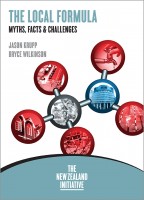
All citizens and businesses interact with local government on a regular basis, either through the services they consume or the infrastructure they use. These authorities build and maintain local roads, provide potable and waste water infrastructure, pick up rubbish, and act as agents for resource use and the environment. Read more
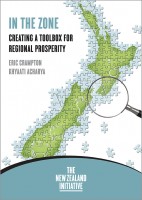
"Different strokes for different folks". So goes that famed line from Sly & The Family Stone’s 1969 hit, Everyday People. Read more
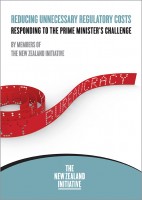
In March this year, the Prime Minister spoke at our members' retreat in Auckland. Members took the opportunity to express concerns about specific regulatory imposts for which there seemed to be inadequate justification. Read more
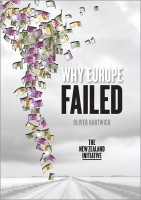
Over the past years, we have become used to Europe's debt crisis. However, the fiscal problems of countries such as Greece are only the tip of the iceberg. Read more

Improving compensation for live organ donors is a rare opportunity to save and improve lives, whilst also saving the government money over the longer term. Elizabeth Prasad demonstrates that every kidney transplant provides recipients with longer and better lives, while being much cheaper than dialysis. Read more
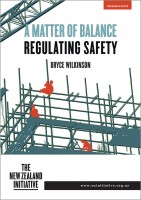
The construction industry has made some substantial and laudable moves towards better safety practices. But recent changes in WorkSafe regulations, mandating extensive and expensive scaffolding for roof repairs and new builds adds, indicatively, from two to seven thousand dollars per project. Read more

This report documents the 15-year history of the Numeracy Development Project (the Numeracy Project), a nationwide centrally devised approach for improving maths. The Numeracy Project existed officially as a professional development (PD) programme for teachers in most primary schools in New Zealand between 2000 and 2009. Read more

Charities play an important role in our society, delivering a range of social services to numerous communities and causes. Their good work is recognised by the government, which confers a range of privileges to them, such as an income tax exemption, and the state also provides a significant portion of the sector’s funding. Read more

This report explains the concept of Social Impact Bonds (SIBs), its application worldwide, and its potential in New Zealand. SIBs are a new and innovative means of financing and delivering social services through the private sector, where the government usually only pays for what works. Read more

This is the second and final report in The New Zealand Initiative’s series on the mineral estate and the regulatory landscape that surrounds it. The first report, Poverty of Wealth, examined the situation where rural economies, under pressure from ongoing urbanisation and increased global competition, have largely failed to exploit the mineral wealth at their disposal as a means of stemming this decline. Read more
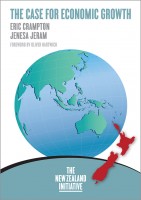
Why should policy focus on economic growth? The Case for Economic Growth provides the New Zealand Initiative’s answer. Read more

In early 2014, there had been strong hints in the media that the next general election was likely to take place in September and so the team of The New Zealand Initiative was looking forward (well, sort of) to a very long, dragged out election campaign. Well, we decided to counter the political noise of the upcoming election campaign with our own campaign: The Campaign for Economic Literacy. Read more

Do today’s politicians have the courage to make hard choices? Or has the furious pace of modern politics put an end to the age of reform? Read more